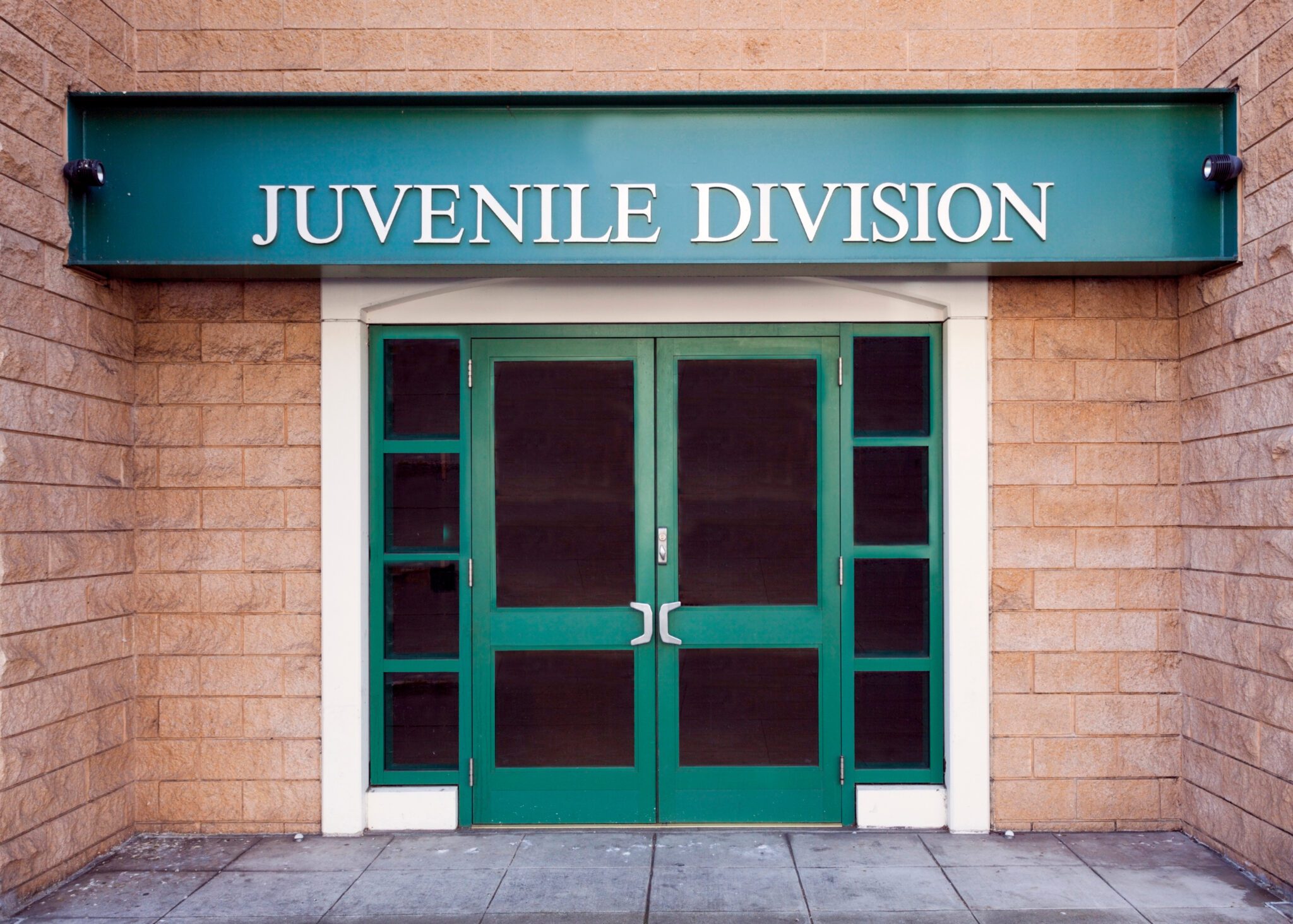
History
Forensic psychology emerged as early as the 1950s and was historically described as “the role of psychology in the criminal justice system.” Forensic psychology has been a subfield in psychology for decades but was formally recognized as a specialty area by the American Psychological Association in 2001 (APA, 2001). Forensic psychological practice has expanded drastically since then. Psychologists have always been involved in almost every aspect of the legal system. They have become more distinctly known as “forensic psychologists,” depending on the type of work that they do. The word “forensic” derives from the Latin word “forensis,” or forum, a place for public assembly and discussion where the law courts were held in ancient Rome. The American Psychology and Law Society (AP-LS), a division of the American Psychological Association (APA), defines forensic psychology as:
“…professional practice by any psychologist working within any sub-discipline of psychology (e.g., clinical, developmental, social, cognitive) when applying the scientific, technical, or specialized knowledge of psychology to the law to assist in addressing legal, contractual, and administrative matters….”
Thus, a forensic psychologist is a psychologist that engages in the practice of forensic psychology. Any type of psychologist can practice forensic psychology, given that they provide services in the specialty areas of psychology that they are experts in, as it pertains to the legal system. Although the practice of forensic psychology is diverse, the most common service provided by forensic psychologists is psychological assessments of individuals who are involved in the legal system.
Education
Becoming a forensic psychologist requires earning a doctorate degree (Ph.D/Psy.D), usually in clinical, forensic, or counseling psychology. After completing graduate school and obtaining a doctorate, additional training is required, either during a post-doctoral training program or specialization program. These training programs can either be in a formal setting (forensic inpatient hospitals, correctional facilities, etc.) or informal setting (forensic private practice/clinic, etc.) Forensic psychologists are also required to be licensed by the Board of Psychology in the state that they are practicing in.
In order to sit for the national licensure exam, the Examination for Professional Practice in Psychology (EPPP), additional clinical and supervisory professional hours are required. These hours are typically obtained during the first year after completing a doctoral program. Once a psychologist is licensed, they are to practice within the scope of their specialty area. To maintain licensure, Continuing Education Units (CEU) must be completed every two years.
Additionally, forensic psychologists can obtain a Specialty Board Certification in Forensic Psychology) which signifies that they met the established standards for the profession as maintained and protected by the American Board of Professional Psychology (ABPP).







